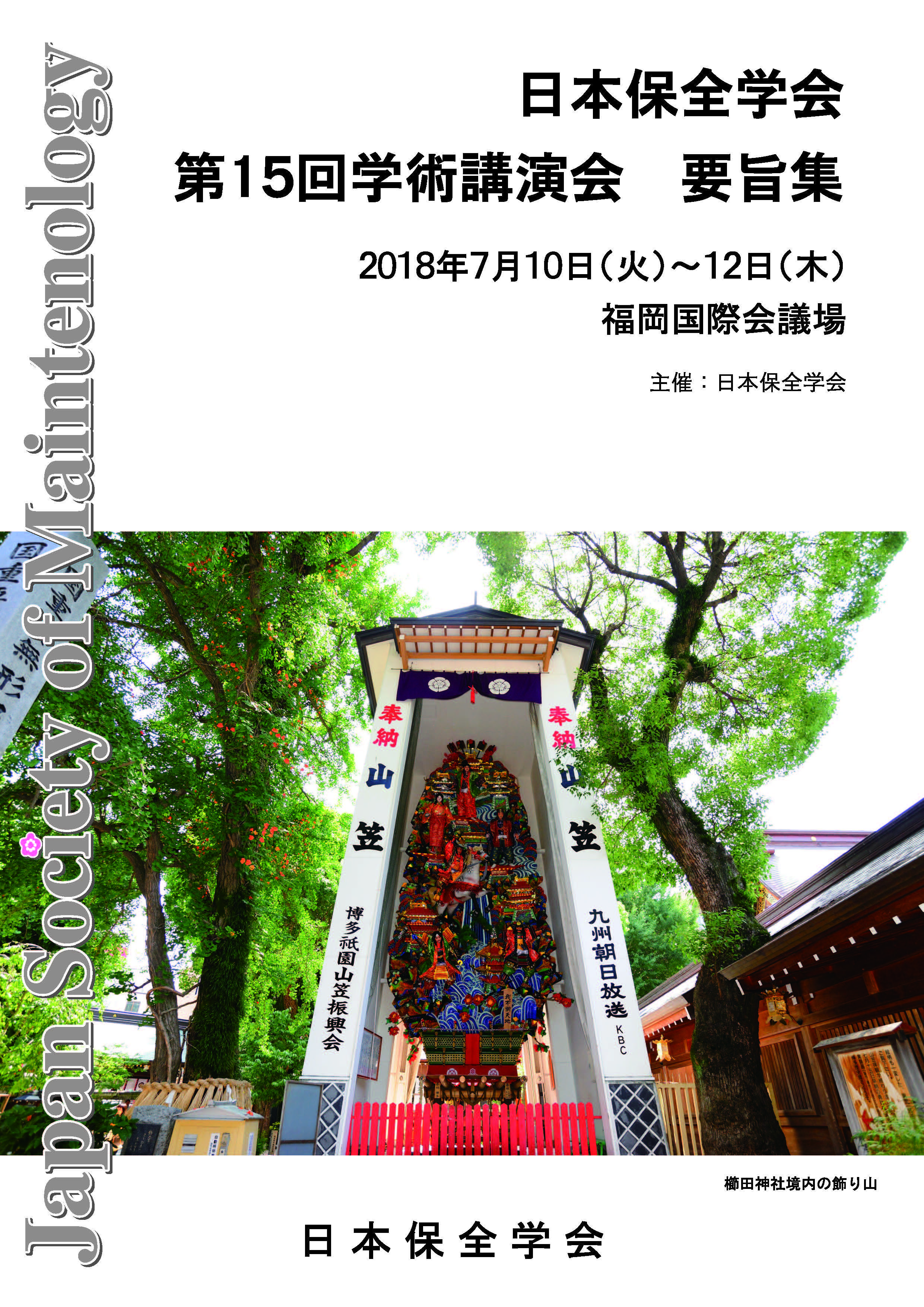我が国におけるナトリウム冷却高速炉の安全研究の成果と方向性
概要
Severe accidents of sodium-cooled fast reactors (SFRs), which is called core disruptive accidents (CDA), are categorized into typical accident phases, i.e., initiating phase, transitions phase, and material relocation and cooling phase. In recent years, experimental data are accumulated and safety analysis codes are developed focusing on the later phases of accidents. This is because achievement of in-vessel retention (IVR) utilizing superior characteristics of sodium coolant is one of the important objectives of safety design and evaluation for SFRs. In this connection, a series of out-of-pile and in-pile experiments, EAGLE-3, and related tests using the MELT facility are being conducted to clarify the phenomena on molten fuel discharge and cooling. Studies on debris sedimentation and bed formation behaviors are also performed. Fast-reactor safety analysis codes, SIMMER, are developed to enhance its capability to be applicable to the later phase of accidents. This paper describes outcome and direction of safety research for SFRs in Japan, especially focusing on IVR.
